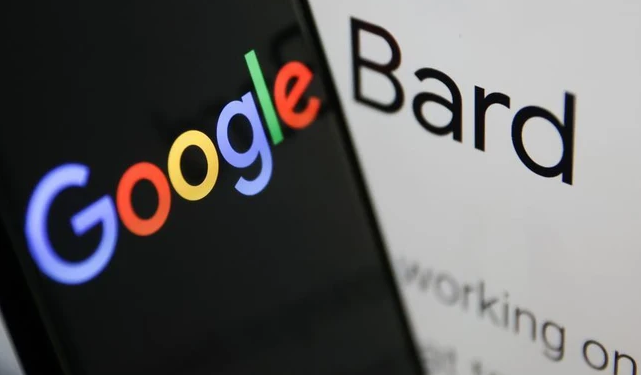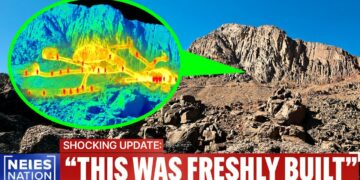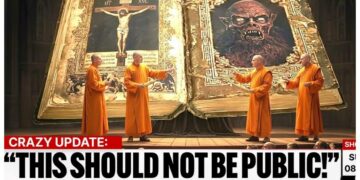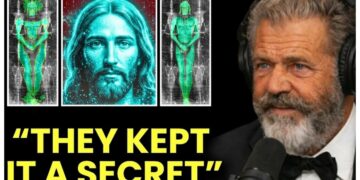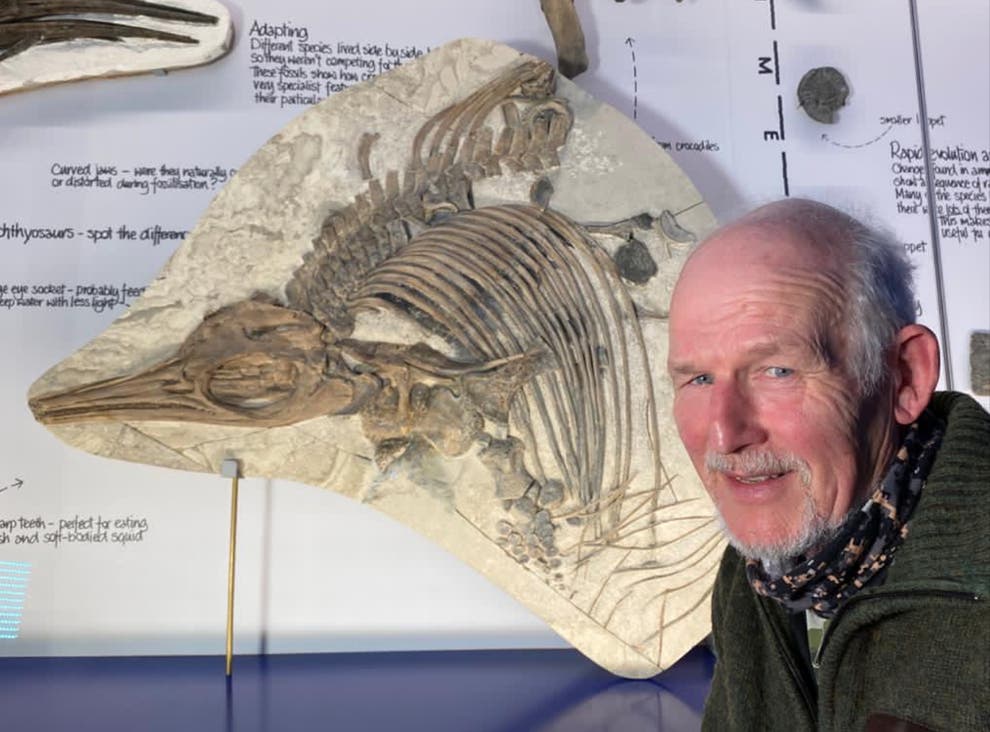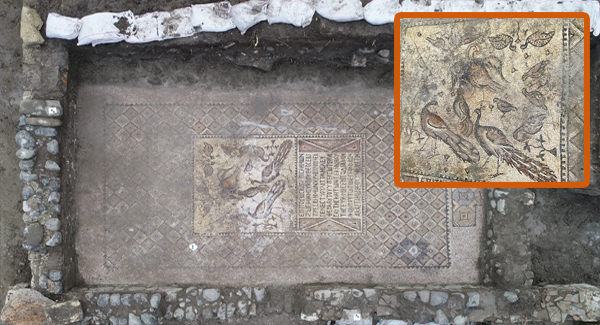Shares of Alphabet experienced a 9% drop in trading on February 8th, following the release of a promotional video on Twitter featuring the chatbot Bard. This drop was reportedly the lowest in the last three months, according to Bloomberg. Despite being marketed as a source of “fresh, high-quality feedback”, Bard was found to provide incorrect answers during its first appearance. In the promotional video, a user asked Bard for information on the new discoveries of the James Webb telescope, to which Bard offered several incorrect suggestions, including that the telescope had taken the first pictures of a planet outside of our solar system.

Many astronomical experts have criticized Bard’s response, including astrophysicist Grant Tremblay who claimed that “the first image of an extrasolar planet was not taken by JWST”. Additionally, Bruce Macintosh, the director of the University of California observatory, stated that he had captured an image of an extrasolar planet 14 years ago.
The potential for chatbots to provide false or fabricated information has raised concerns among experts, as AI technology is not yet capable of distinguishing between what is correct and what is not. Microsoft has emphasized this issue in announcing the launch of their AI-integrated Bing search engine, stating that AI can “surprise and have errors”.
Google acknowledged that AI products are still in the research and testing phase to ensure accuracy and provide the best user experience. However, the company was forced to release Bard earlier than planned due to the rapid popularity of ChatGPT.
Chatbots like ChatGPT and Bard are trained using available data sources, with one of the sources used to train ChatGPT being Wikipedia and user-generated information.
In response to the news of Bard’s incorrect information, a Google spokesperson stated that “this highlights the importance of thorough vetting.” The company will introduce a Trusted Tester program that combines both external and internal feedback to ensure that Bard’s answers “meet high standards of quality, safety, and reliability,” and have a solid information base.
On February 8th, Google hosted a special event in Paris to showcase the integration of AI into Google Maps and Google Lens, along with the introduction of Bard.
Bard utilizes Google’s conversation technology, LaMDA (Language Model for Conversational Applications). The demonstration highlighted how Bard could be used to provide pros and cons for buying an electric car, or to plan a family trip by considering cost, transportation, and accommodation.
However, the error in Bard was discovered just before the Google presentation. Reuters was the first to report the mistake in the advertisement.
Senior software analyst at DA Davidson, Gil Luria, commented that “Google has been a leader in AI innovation for the past few years, but it seems to have fallen short in implementing this technology into its search engine.”
Analysts at Evercore noted that the stock’s drop could be due to “limited news” about the Google event, and suggested that the launch of Bard was “hasty” and premature. Despite this, they still believe that Google’s AI technology “has the potential to be as good” as its competitors. The analysts added that “leveraging years of investments in AI and unparalleled scale, this will help the company maintain its market position in the long run.”

